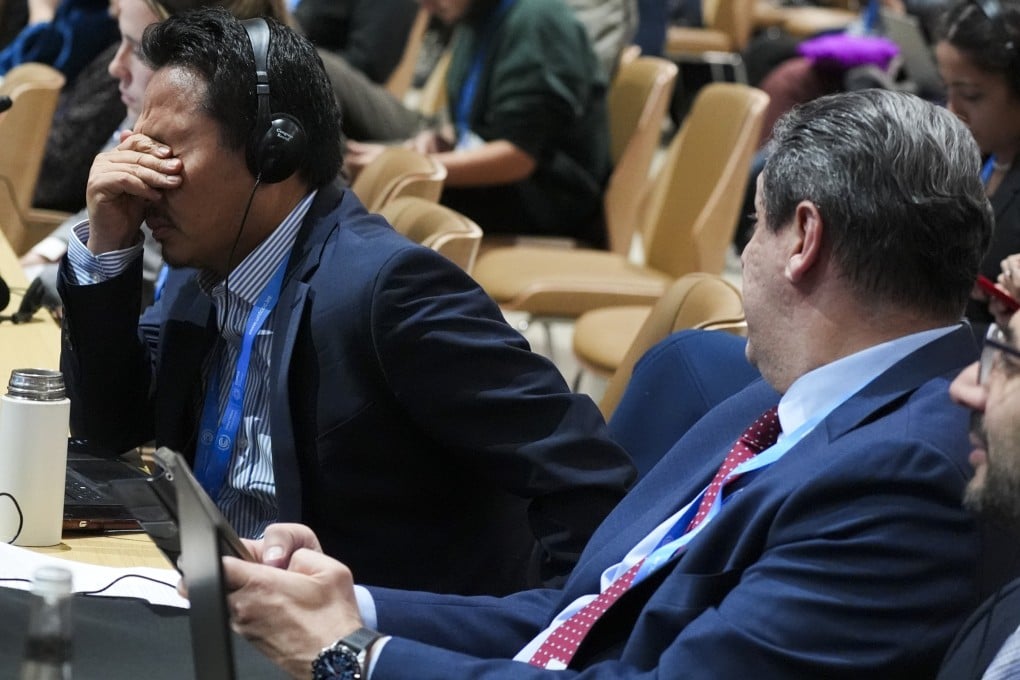Opinion | Did Cop29 make any meaningful progress on climate change?
Market reforms are needed to motivate investors to deliver more affordable capital and to level the playing field between fossil fuels and renewables

In a report this month, the expert group warned: “Any shortfall in investment before 2030 will place added pressure on the years that follow, creating a steeper and potentially more costly path to climate stability. The less the world achieves now, the more we will need to invest later … Additionally, investment needs for adaptation and resilience, as well as loss and damage and restoration of nature, will rise sharply as climate and nature risks escalate.”
Separately, the parties also agreed on the rules for a UN-backed market to facilitate the trading of carbon credits. Article 6 of the Paris Agreement allows one country to sell its savings to another country or to sell to an international scheme for aviation or shipping which, because they are international trades, are outside any nation-state target.
